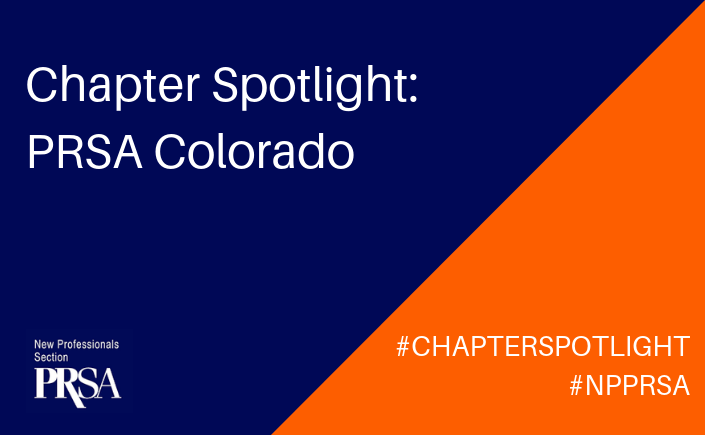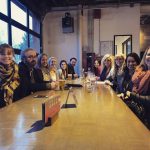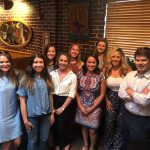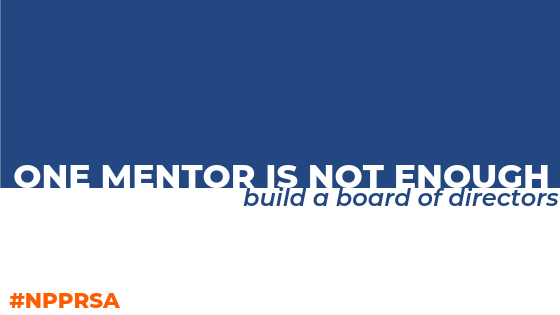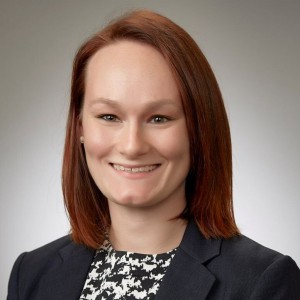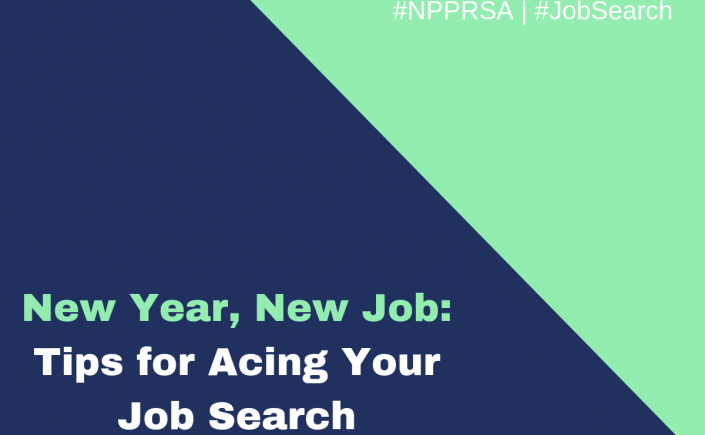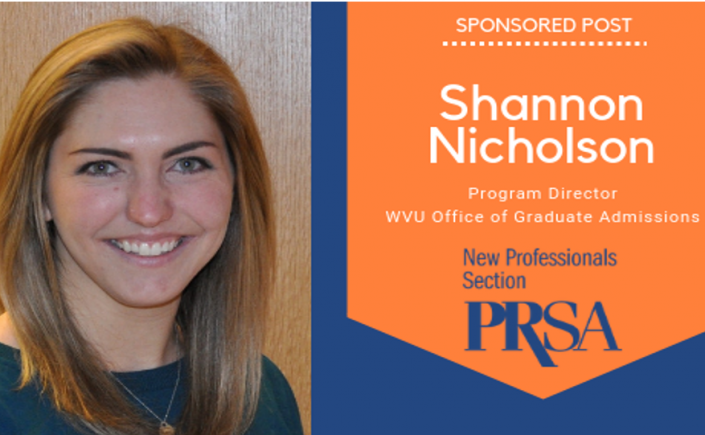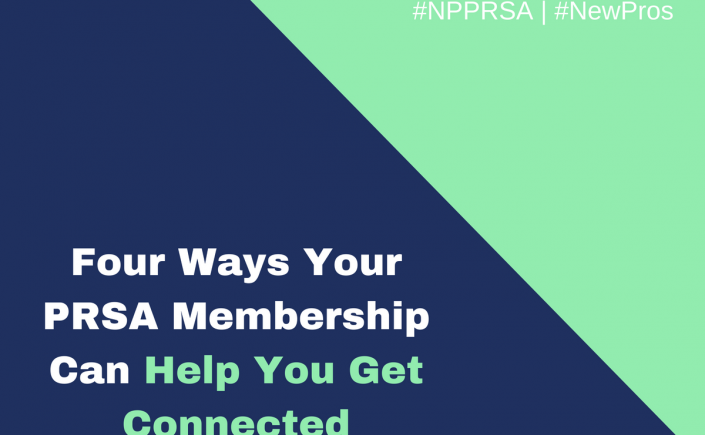PRSA Chapter: Colorado
Location: Greater Denver Area
Chair(s): Dani Row and Bailey Gannett
Tell us about your New Pros group:
We’re a dedicated group of new professionals (a mix of young pros, professionals in the midst of career change, and those looking to stay sharp on PR trends). Our group gets together about once a month for happy hours, panels, professional development workshops, and more to help cultivate our PR skills and provide a network where we can all come together to collaborate.
How many members do you have?
We have around 100 in our email list, but around 30 active members.
What kind of programming have you put together for New Pros?
Monthly (or bimonthly) happy hours; events vary from casual networking happy hours after work to more refined events with local industry experts/professionals; twice a year we host larger events to help professionals (both PR and non-PR are encouraged to attend) where we offer an added incentive like a new headshot for LinkedIn, resume critiques, or mock interviews.
How does your group fit into the bigger picture of the chapter?
We work closely with our chapter’s communications committee to promote our events and to encourage our membership team to attend events to talk about the benefits of becoming a PRSA member. Our group also acts a pipeline to funnel in those who have expressed interest in PRSA but have not yet committed fully to joining the organization. The New pros events are a friendly, top of funnel type of event that encourage participation from all who have even a remote interest in learning more. We often help with converting PRSSA students over to PRSA members. We also work with the Finance team on budgets (when applicable) and work with a liaison, someone who serves on the Board and can serve as the NP representative at monthly Board meetings. Oftentimes, we rely on PRSA Board members or seasoned members to help with larger events to serve as resume critics or mock interviewers.
What resources do you provide for New Pros?
Expert advice from respected members of the PR community and tips on all things PR (social media, media relations, community relations, crisis communications). Members of the NP group who are regulars get the added benefit of becoming friends with other members and using the time to network with other members for job opportunities or relationship-building
What do some of your members see as the benefit of being a part of the bigger New Pros group?
Our members utilize the New Pros group to gain industry insight on trends and knowledge, collaborate with both young and seasoned professionals, and develop professional skills necessary to propel forward in their careers.
How do you engage and recruit New Pros?
We often engage and recruit new professionals through our PRSA Colorado social media channels, through our personal social media channels, during regular PRSA chapter events and through active recruitment with local universities and their respective PRSSA chapters.
What advice do you have for New Pros for using PRSA to their best advantage?
Get involved! Joining a committee or even serving on the Board or as a chair allows you to build your network of industry professionals—you never know when this will come in handy.
Find what interests you. Not every group is the right fit for every member. Go to a few different group events and see what feels right. Once you’ve found one (or more) you like you can dedicate your time to getting more involved.
Many times, members get discounts for events outside of the NP like luncheons. Being a member certainly has its perks—and a financial gain is certainly a big one.
Contact Us!
Dani Row and Bailey Gannett are co-chairs of PRSA Colorado’s New Professional Section.
Dani Row
Dani graduated with a bachelor’s degree in public relations from Kansas State University in 2012. She is currently a public relations manager with Velocity Global, LLC, based in Denver, Colorado.
Email: danirow@velocityglobal.com
https://www.linkedin.com/in/danirow/
Bailey Gannett
Bailey graduated with a bachelor’s degree in strategic communication from the University of Colorado Boulder in 2018. She is currently a communications specialist with Cherwell Software, based in Denver, Colorado.
Email: bailey.gannett@cherwell.com
https://www.linkedin.com/in/baileygannett/

